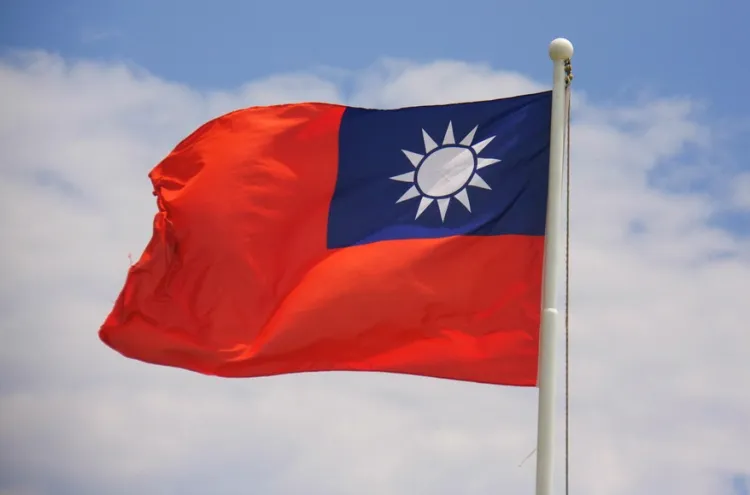Taiwan's Bold Moves Amid Growing US-Taiwan Trade Tensions
Taiwan is making significant strides to address growing trade tensions with the United States in 2024. In response to President Donald Trump’s threat to impose tariffs on Taiwan’s semiconductor chips, the island nation is taking proactive steps to strengthen its trade ties with the US and ensure its continued dominance in global semiconductor production.

Taiwan's Trade Surplus with the US Soars
Taiwan has seen a remarkable surge in its trade surplus with the United States, reaching a record $64.9 billion—an 83% increase. This spike is a direct response to Trump’s tariffs threat on Taiwanese semiconductor exports. To counter this, Taiwan has committed to boosting its investments in the US, aiming to secure bilateral trade relations that benefit both nations. Taiwan’s government has emphasized the need to establish a secure supply system and will review future trade cooperation opportunities with the US. Through closer collaboration, the goal is to improve the trade balance, with a strong focus on expanding Taiwanese investments and procurement from the United States.
The Semiconductor Industry: Taiwan's Economic Backbone
At the heart of Taiwan’s economic strength lies its semiconductor industry, led by Taiwan Semiconductor Manufacturing Company (TSMC), the world’s largest chip maker. TSMC is expanding its footprint with new plants in the US and Japan. The US has pressured Taiwan to move some production abroad to mitigate the risks posed by the concentration of chip production in one region. In response, Taiwan plans to ramp up its investments in US-based manufacturing, which will also help sustain its leading role in the global semiconductor supply chain.
Taiwan’s government has expressed its willingness to engage carefully with the US, particularly in addressing concerns related to the semiconductor industry. Taiwan aims to safeguard its position as a global semiconductor leader while balancing the growing demand for overseas production.
Strengthening Defense in the Face of China’s Threat
Amidst these trade and economic shifts, Taiwan is also prioritizing national defense, especially given China’s growing pressure on the island. China considers Taiwan its territory and has continued to escalate threats. In response, President Tsai Ing-wen announced that defense spending would increase to over 3% of Taiwan's annual budget, up from around 2.5% last year. This increase is aimed at enhancing Taiwan’s self-defense capabilities, with significant reliance on US defense sales.
Taiwan’s commitment to self-defense remains unwavering, even as the country continues to focus on economic growth. While Taiwan faces significant geopolitical challenges, it remains resolute in its efforts to maintain stability, protect its sovereignty, and secure its position in global markets.
Conclusion: Taiwan’s Strategic Balance
As tensions with China escalate and trade relations with the United States evolve, Taiwan’s response reflects a strategic balancing act. The country’s increasing investments in the US, coupled with a commitment to expanding its semiconductor industry abroad, show Taiwan’s adaptability in a rapidly changing global landscape. At the same time, the enhanced defense spending and focus on national security underscore Taiwan’s determination to safeguard its sovereignty.
Taiwan’s ability to navigate these complex geopolitical and economic challenges will likely shape its future and influence the broader dynamics of East Asia and the global economy.
Stay informed with the latest developments on Taiwan and global trade by subscribing to our blog.
What's Your Reaction?















